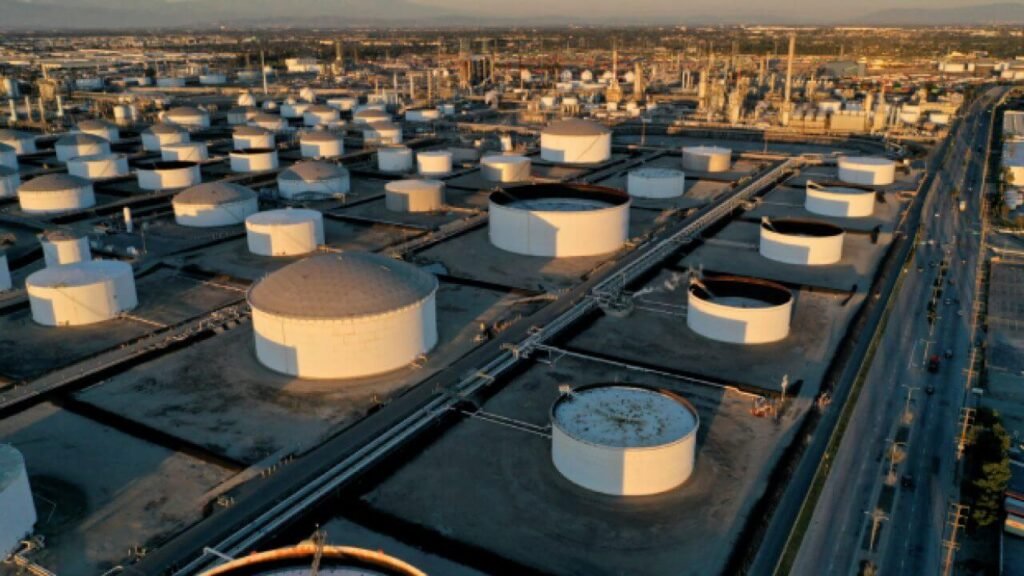The U.S. Government Mulls Unprecedented Oil Reserve Release
In a bold move aimed at mitigating surging fuel prices and curbing inflation, the U.S. government is reportedly considering the release of up to 180 million barrels of oil from its emergency stockpile. This potential action comes as oil prices have been on the rise, prompting concerns about their impact on the economy and inflation.

Key Highlights:
- The proposed release from the Strategic Petroleum Reserve (SPR) would be unprecedented, marking the largest drawdown in its nearly 50-year history.
- The move follows two previous withdrawals from the SPR in the past six months as the U.S. government seeks to address supply challenges and soaring energy costs.
- The released oil, equivalent to roughly two days of global demand, is expected to be accessed gradually over several months, with reports suggesting a plan to tap into as much as 1 million barrels per day.
- President Joe Biden is set to confirm these plans, with a scheduled discussion on actions to alleviate the impact of rising energy prices on American families.
Biden’s Announcement Precedes IEA Meeting and OPEC Decision
President Biden’s intentions regarding the release of emergency oil reserves were unveiled just ahead of an important meeting among member countries of the International Energy Agency (IEA). The IEA meeting aims to address the soaring global crude prices, which reached 14-year highs earlier this year following Russia’s invasion of Ukraine. It also coincided with OPEC’s refusal to substantially increase oil supply despite Western requests.
Oil Prices React to News
The news of President Biden’s impending announcement had an immediate impact on oil prices. Following the revelation, both West Texas Intermediate (WTI) and Brent crude experienced a notable drop of approximately 5%, with prices hovering around $102 and $108 per barrel, respectively.
Limited Impact on Structural Supply Deficit
Analysts, including Goldman Sachs, suggested that the release of 180 million barrels over six months could contribute to market rebalancing this year. However, it may not fully address the structural supply deficit resulting from Russia’s reduced role in global oil supply due to sanctions.
The Oil Price Surge and Sanctions
Oil prices have surged since Russia’s invasion of Ukraine in late February, with the subsequent imposition of sanctions affecting the global oil market. Russia, the world’s second-largest oil exporter, faced hefty sanctions, leading to concerns about supply disruptions. This drove Brent crude futures to approximately $139 per barrel in March, marking their highest level since 2008.
Challenges in Influencing OPEC
In an effort to alleviate the situation, the U.S. has not only considered drawing more oil from its reserves but has also urged major oil producers, including Saudi Arabia, to significantly boost supplies. However, OPEC has remained steadfast in its stance, confirming only a modest increase of 432,000 barrels per day in May.
High Oil Prices and Economic Impact
The surging oil prices have become a pressing concern for President Biden, as they contribute to high inflation and affect his administration’s approval ratings, particularly in the lead-up to the midterm elections. Elevated oil prices have wide-ranging effects on Americans, impacting driving costs, heating expenses, and more.
In conclusion, the U.S. government is considering an unprecedented release of emergency oil reserves to address the challenges posed by soaring fuel prices and inflation. This move follows two prior releases from the SPR and coincides with efforts to influence oil supply by both the IEA and OPEC. However, the long-term structural supply deficit remains a significant concern.




